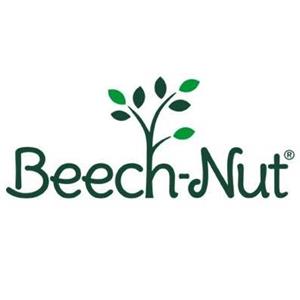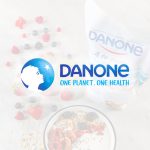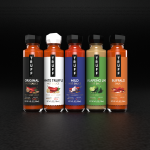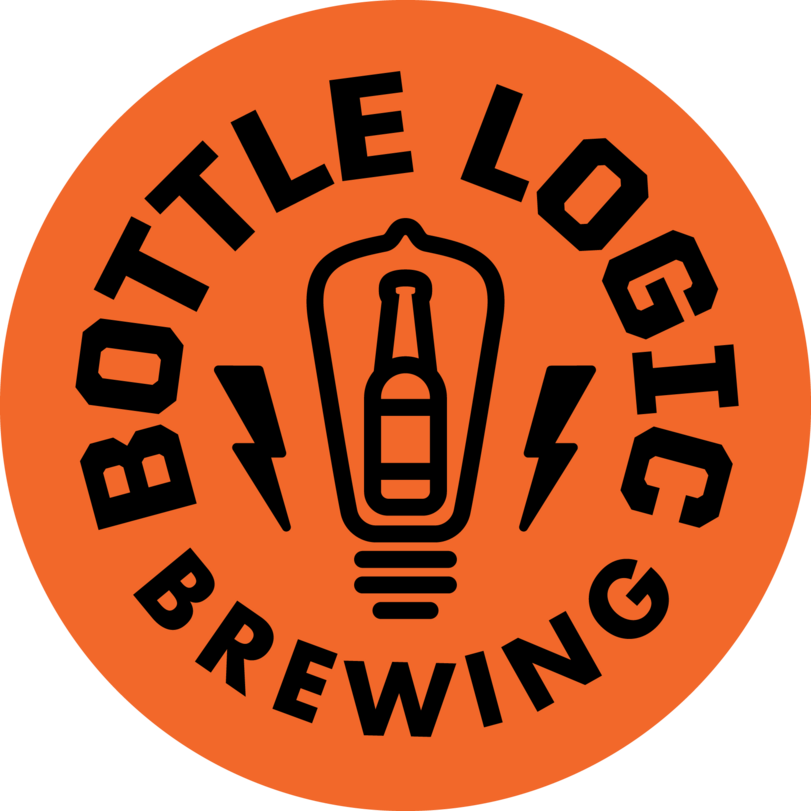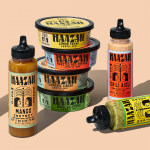Legal: Heavy Metals Baby Food Case Moves to FDA
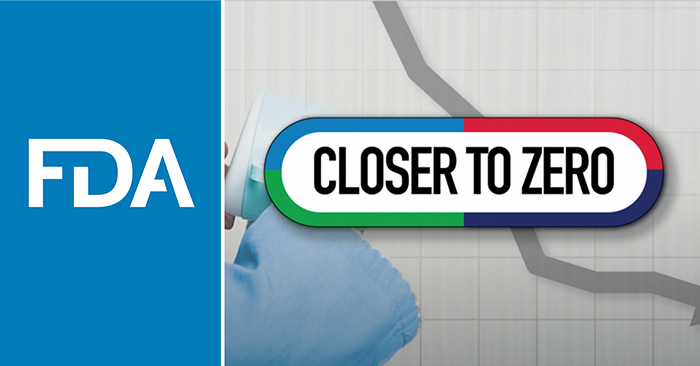
The fate of a putative consolidation accusing baby food maker Beech-Nut Nutrition Co. of violating consumer protection laws by including toxic amounts of heavy metals in its products is now in the hands of the Food & Drug Administration (FDA) after a New York federal judge on Thursday ruled the court does not have jurisdiction over the case.
“While the issue of whether a company misled consumers may be within the conventional experience of the court, resolving plaintiff’s claims first requires a determination on whether the levels of heavy metals in Beech-Nut’s products is harmful, which is within the FDA’s field of expertise,” read the ruling by district judge David N. Hurd.
The New York federal court class action complaint was first filed in February 2021, just days after the House Oversight Committee released a report calling out brands including Happy Family Organics, Beech-Nut Earth’s Best Organic and Gerber as containing dangerous levels of arsenic, lead, cadmium and mercury in their baby food products.
In the complaint, consumers alleged Beech-Nut did not adequately test its products for, or disclose the presence of, heavy toxic metals, misrepresented the products’ safety to the public and continues to sell products with dangerous levels of toxic metals.
“[Beech-Nut] asserts that its foods are ‘real food for babies,’ that its foods are tested for heavy metals and that [Beech-Nut] is ‘ware of higher standards in the industry than the ones we employ’ in direct contradiction to the true nature of its contents,” the complaint read.
In April of the same year, the FDA announced the launch of its “Closer to Zero” action plan to address the issue of heavy metals through four phases. Following the plan’s launch, the organization funded testing for Beech-Nut products when Alaska health officials in June detected dangerous levels of heavy metals present in the brand’s rice cereal line, which were subsequently recalled.
Gerber’s rice cereal products were also found to contain similar levels of toxic metals but the company didn’t withdraw its products from the shelf.
A second report released by the House Oversight Committee in September 2021 found that Beech-Nut’s June recall only two of the six SKUs that Alaska officials found to contain toxic levels of inorganic arsenic. All six product lines significantly exceeded the FDA’s limit, which was already considered “dangerously high,” according to the report.
In June 2022, the class action complaint against Beech-Nut was consolidated and amended. Most recently, in August, the company moved to dismiss the complaint pursuant to federal rules of civil procedure.
On Thursday, Herd ultimately dismissed the complaint without prejudice, noting that food safety standards are within the FDA’s discretion, not the court’s. The complaint will now be moved over to the FDA.
“Dismissing or staying this action until the FDA offers guidance at the federal level will help avoid a patchwork of decisions that vary by location, court, manufacturer, and product, resulting in different labeling standards for substantially similar baby food products produced by different manufacturers,” said Hurd in Thursday’s ruling.
According to a spokesperson for the FDA, the organization regularly tests baby foods for arsenic, lead, cadmium and mercury as part of its ongoing monitoring. To determine if the level of contaminant in a food is a potential concern, the FDA considers the level of toxicity of the contaminant and exposure based on the level measured in the food and consumption and may also consider specific population groups, such as young children.

